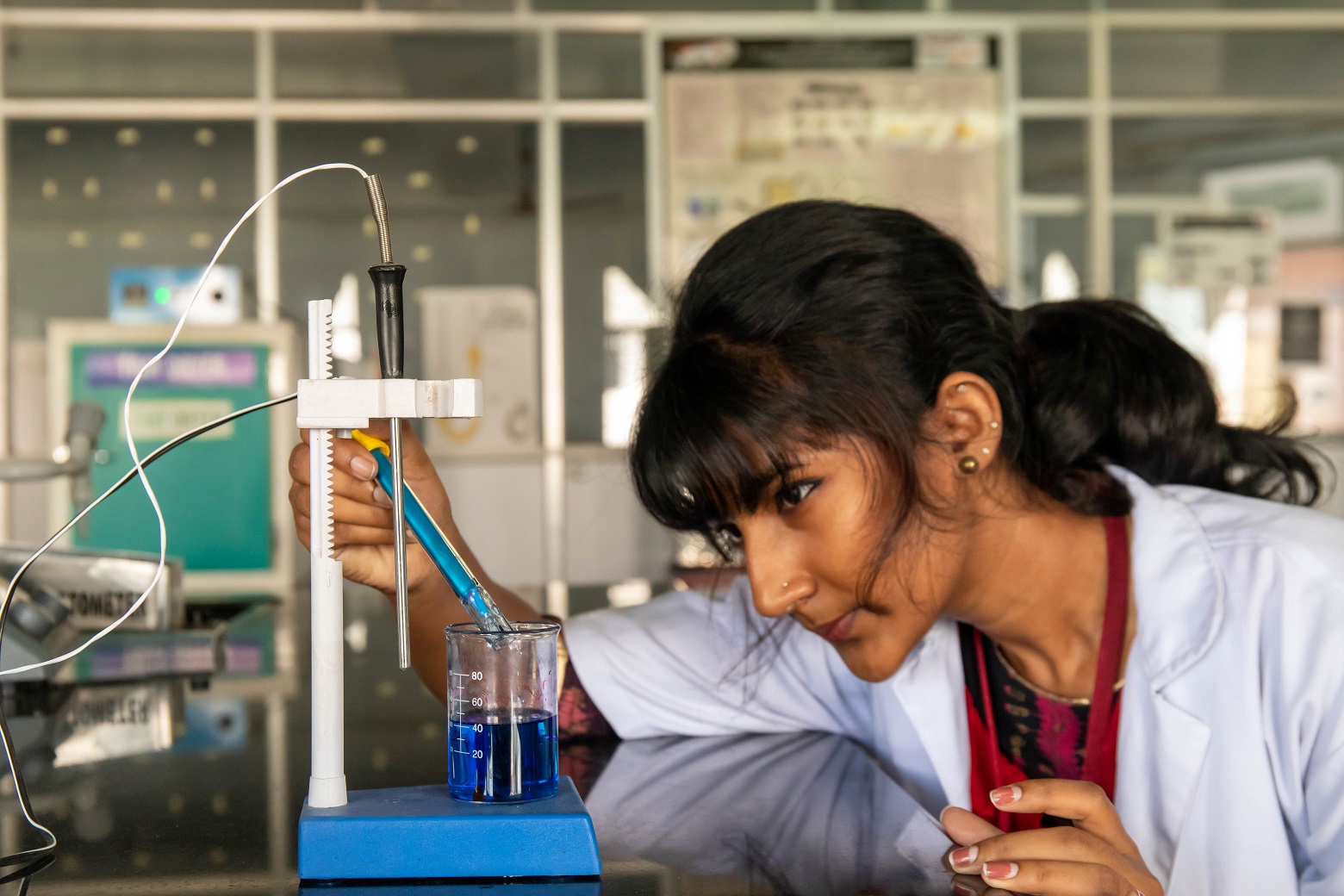

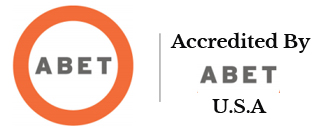
To be a center of repute in the frontier areas of Food Technology through quality research and education.


1. To impart knowledge in the realm of food technology through research and education.
2. To nurture professional leaders in the field of food technology with entrepreneurship skills.
3. To cultivate strong ethical values for sustainable growth in food processing to fulfill the needs of the society
Food Technology has been identified as the sunrise industry due to its enormous impact & significance in the Indian development sector. The importance of food processing & quality control lies in the fact that it has the capability to provide food to our population through scientific conservations, eliminating available losses and making available more balanced & nutritious food. The Department of Food Technology was established in the year 2015 towards the objective to provide excellent teaching, practical training facilities in the frontier areas of Food Technology.
Department of Food Technology has collaborated with leading industries and research labs in India and abroad. The major collaborating industries are TAFE, SAP, Siemens, and FORD etc. In addition, the department also having collaboration with scientist and professors from various research labs in India such as DRDO Bangalore, NIIST Trivandrum, IISC Bangalore, IGCAR Kalpakkam, CSIR-CECRI, Karaikudi, IIT Delhi, NIT Suratkal, PSG Tech Coimbatore, etc, Moreover, Faculty of Mechanical Engineering have collaboration in the research aspect with foreign professors and research labs in various countries such as Brazil, Thailand, Turkey, Malaysia, South Korea, USA etc.
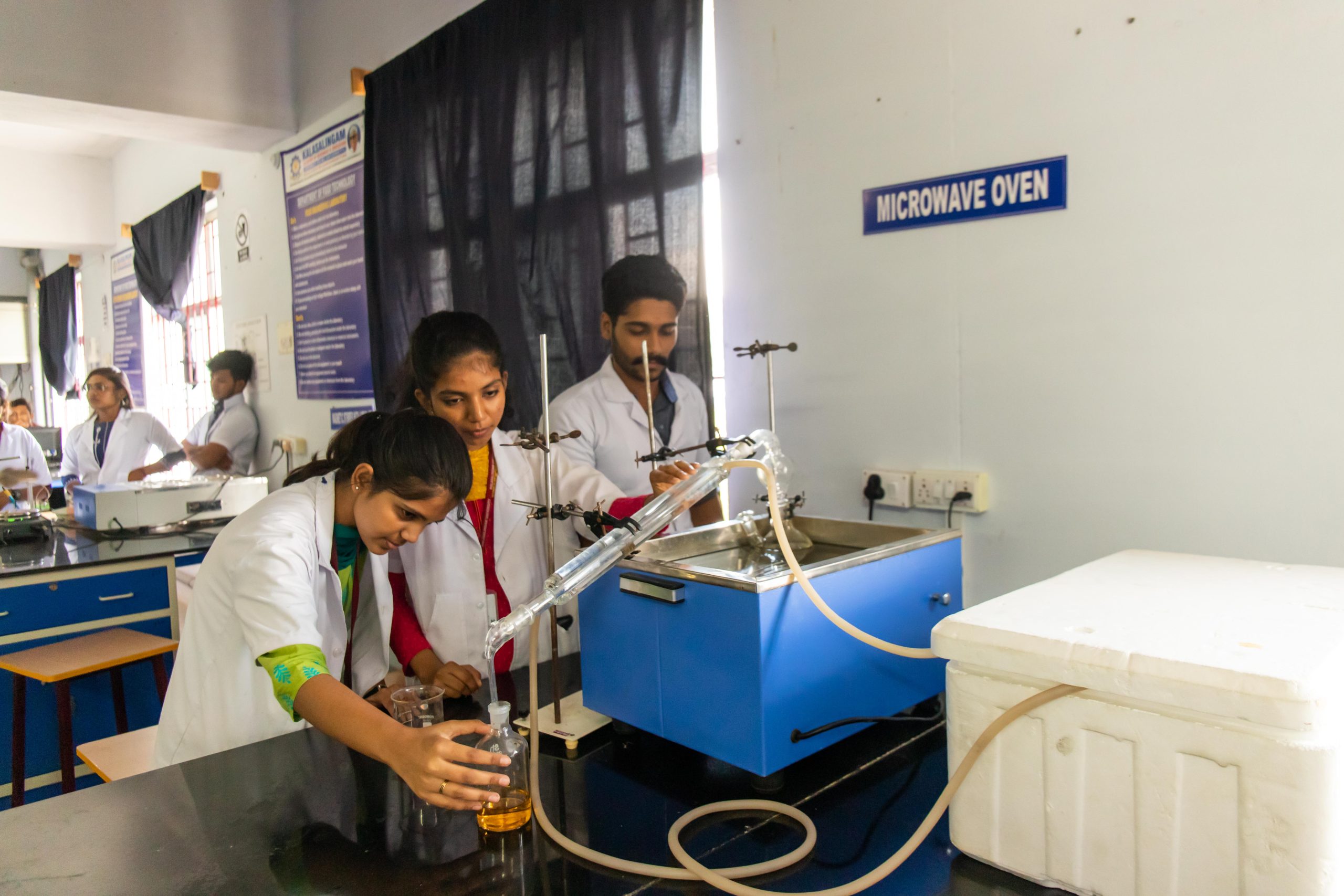
Lab
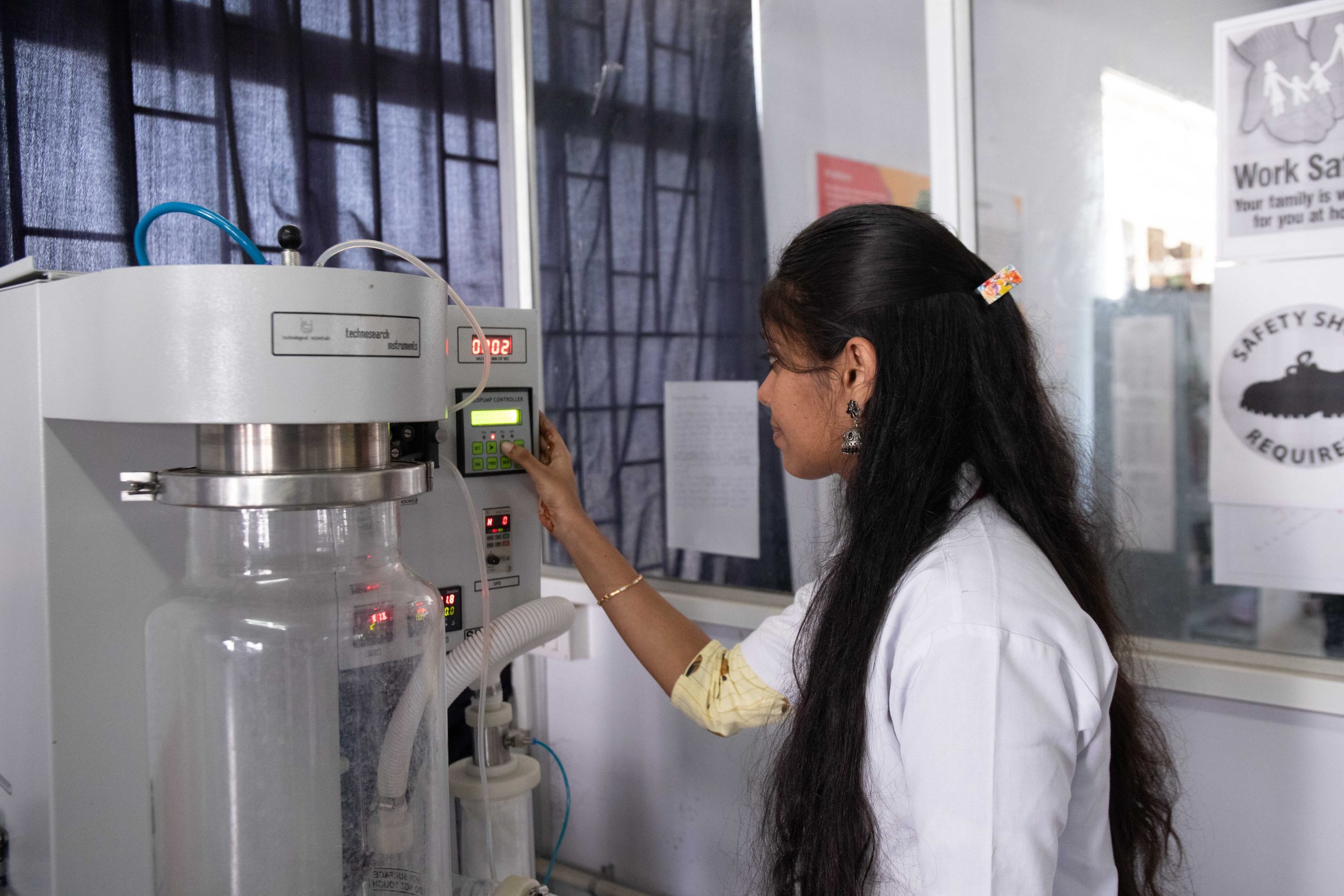
Lab
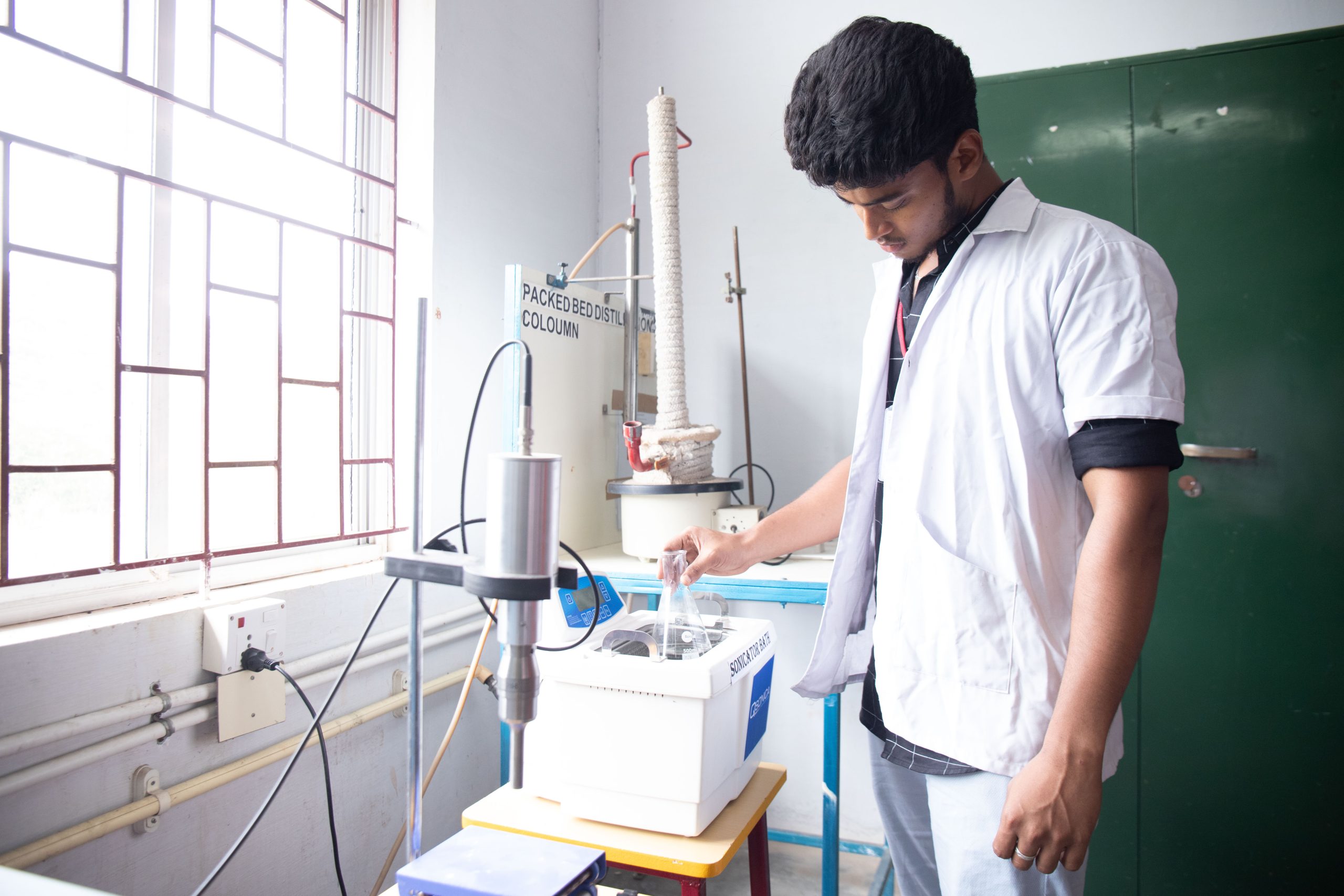
Lab
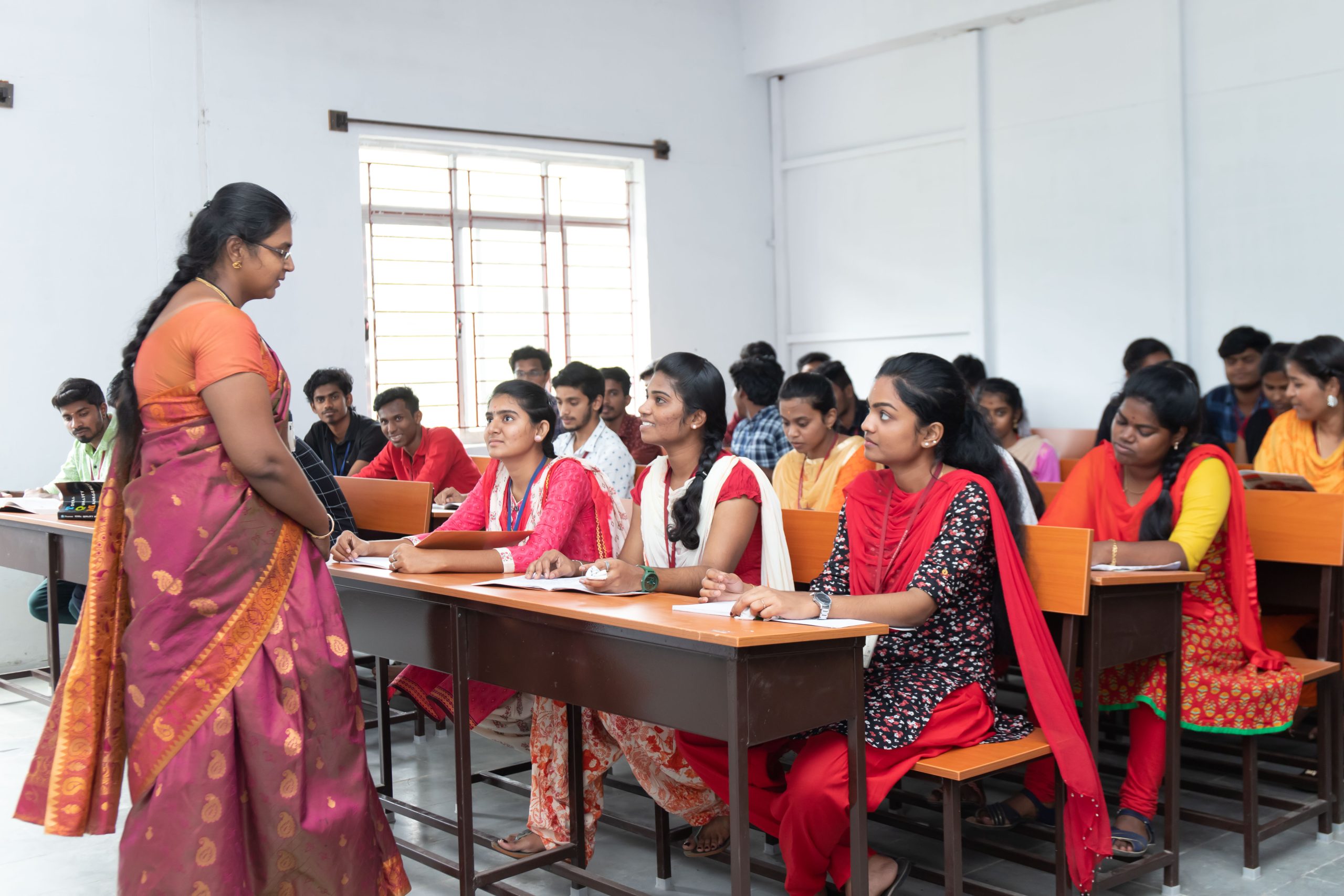
Class
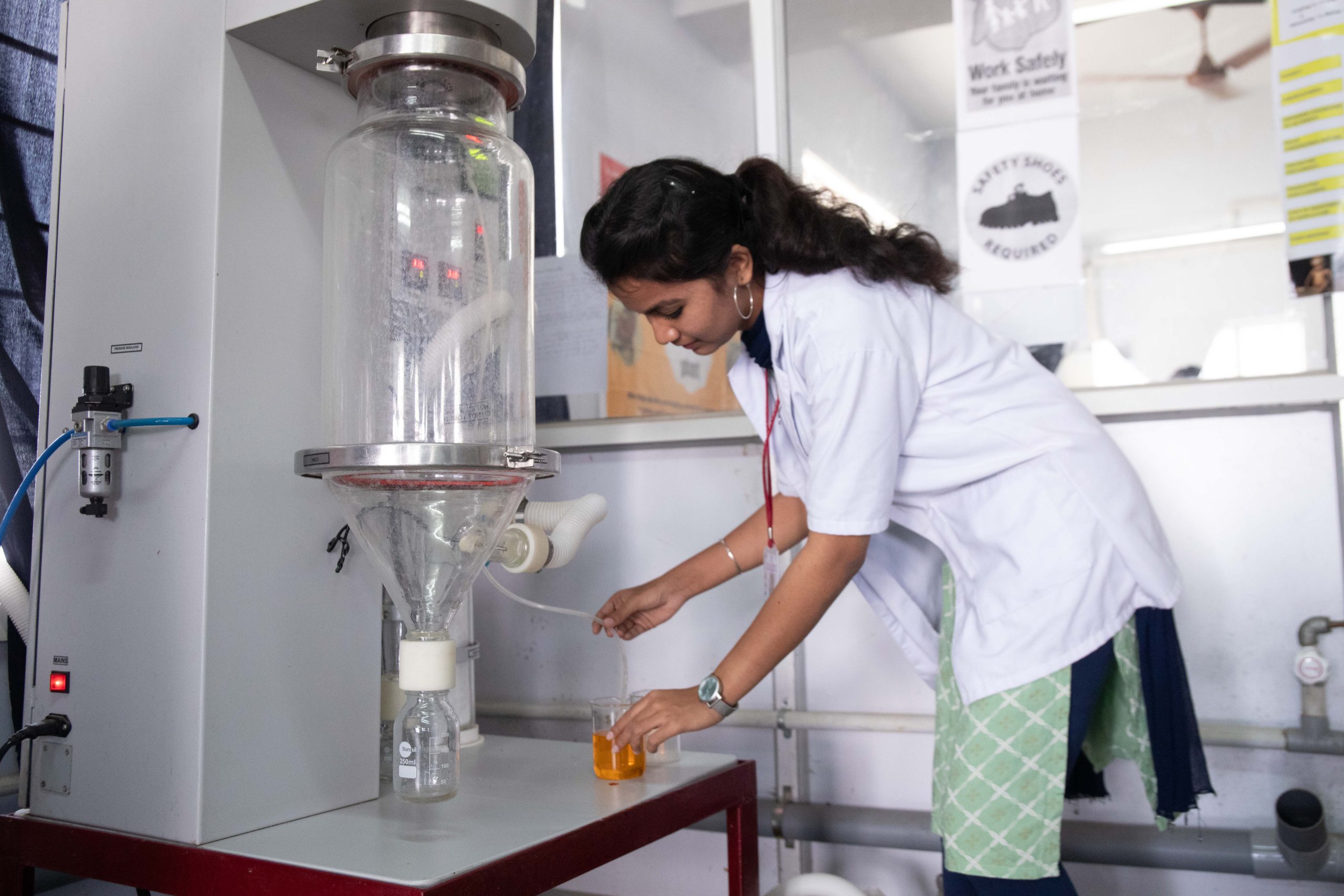
Lab
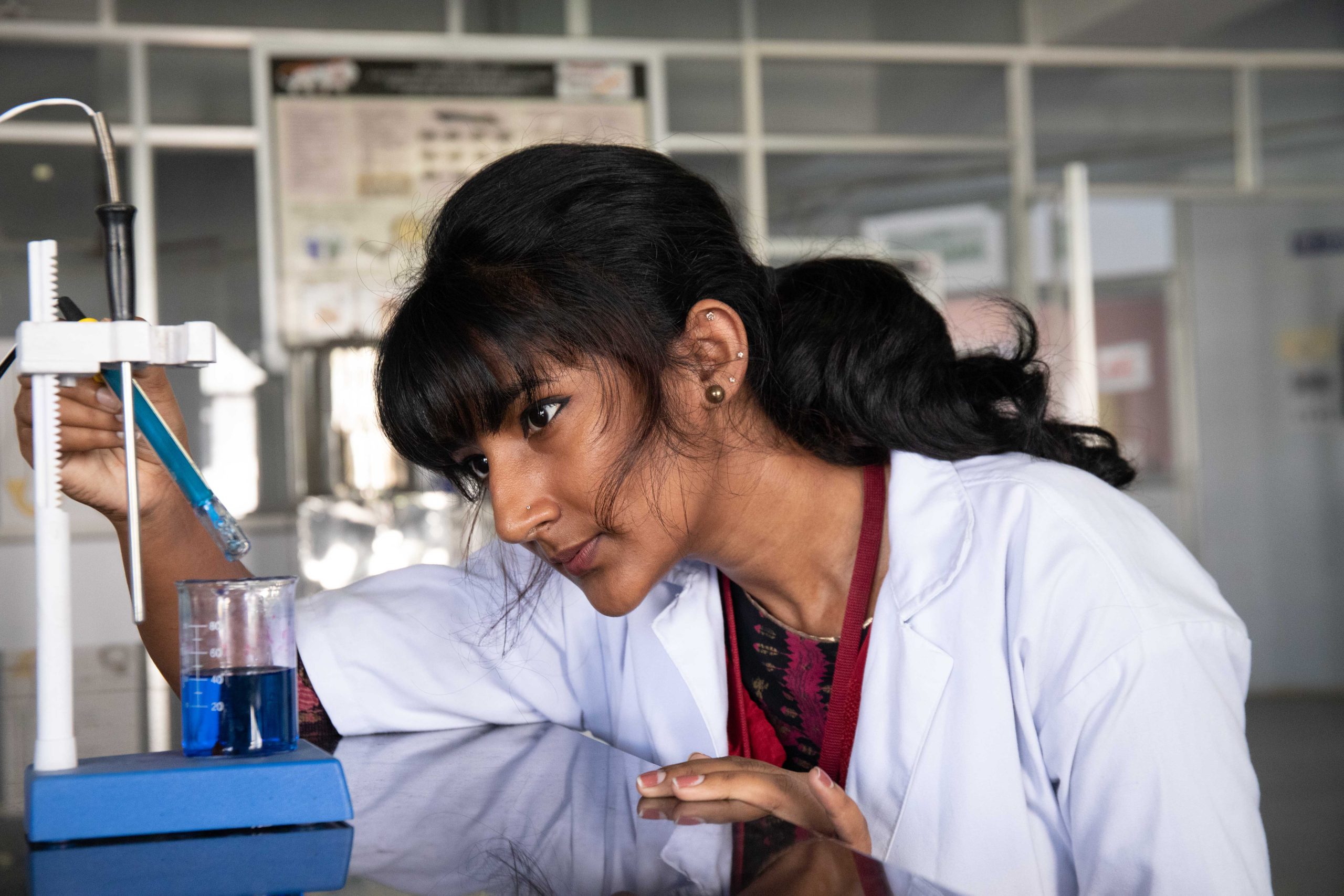
Lab
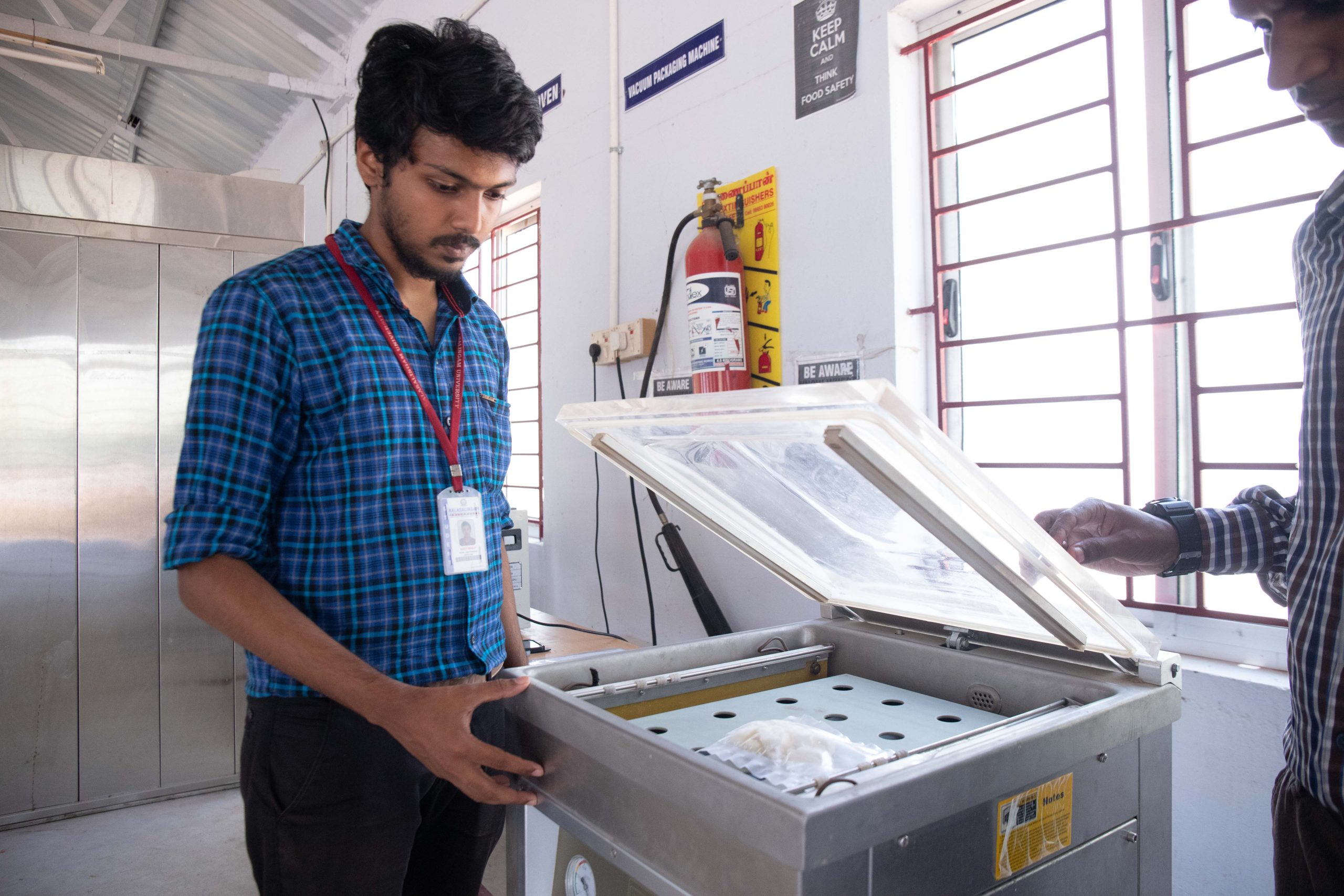
Lab
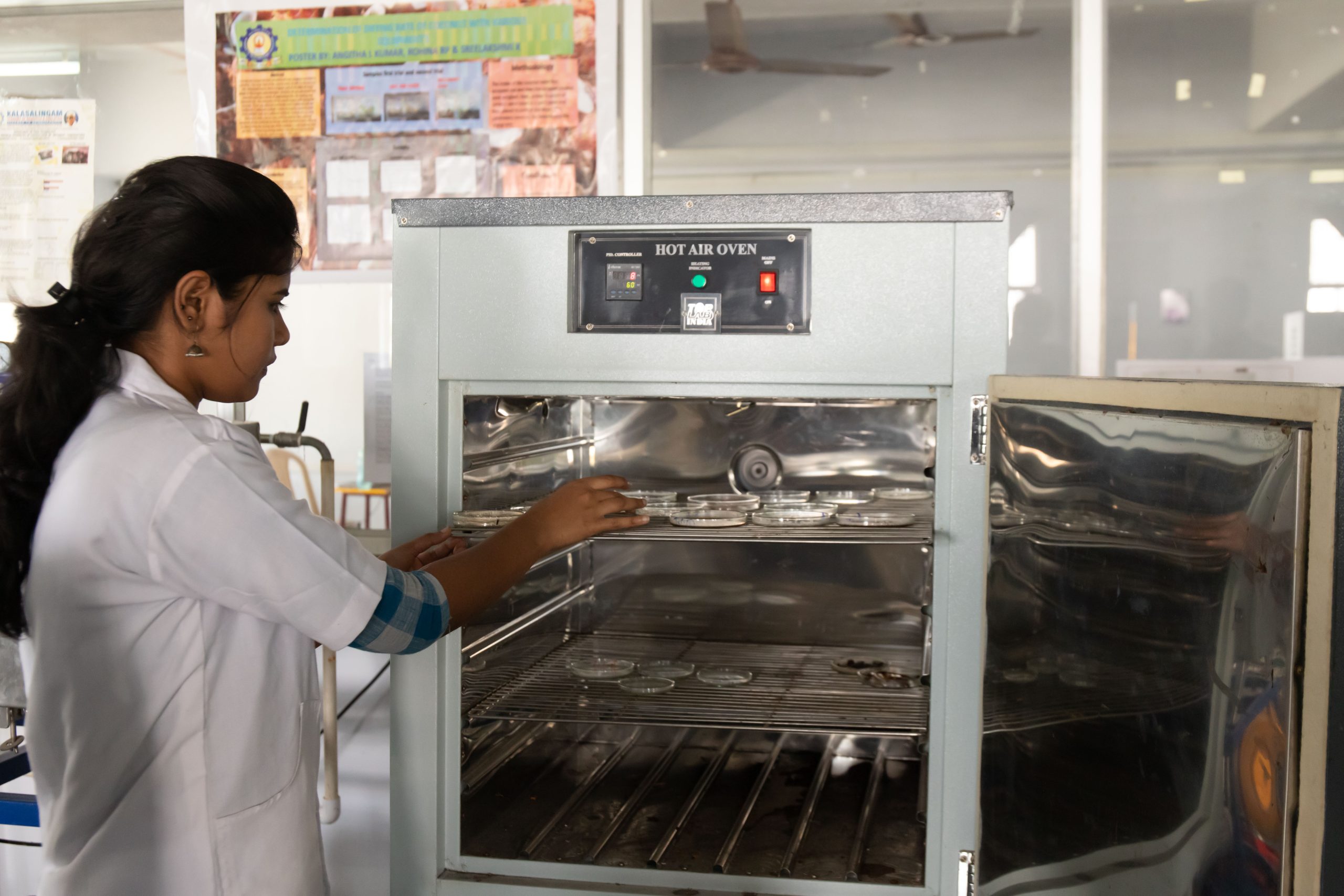
Lab
PO 1: Engineering knowledge: Apply the knowledge of mathematics, science, engineering fundamentals, and an engineering specialization to the solution of complex engineering problems.
PO 2: Problem analysis: Identify, formulate, review research literature, and analyze complex engineering problems reaching substantiated conclusions using first principles of mathematics, natural sciences, and engineering sciences.
PO 3: Design/development of solutions: Design solutions for complex engineering problems and design system components or processes that meet the specified needs with appropriate consideration for the public health and safety, and the cultural, societal, and environmental considerations.
PO 4: Conduct investigations of complex problems: Use research-based knowledge and research methods including design of experiments, analysis and interpretation of data, and synthesis of the information to provide valid conclusions.
PO 5: Modern tool usage: Create, select, and apply appropriate techniques, resources, and modern engineering and IT tools including prediction and modeling to complex engineering activities with an understanding of the limitations.
PO 6: The engineer and society: Apply reasoning informed by the contextual knowledge to assess societal, health, safety, legal and cultural issues and the consequent responsibilities relevant to the professional engineering practice.
PO 7: Environment and sustainability: Understand the impact of the professional engineering solutions in societal and environmental contexts, and demonstrate the knowledge of, and need for sustainable development.
PO 8: Ethics: Apply ethical principles and commit to professional ethics and responsibilities and norms of the engineering practice.
PO 9: Individual and team work: Function effectively as an individual, and as a member or leader in diverse teams, and in multidisciplinary settings.
PO 10: Communication: Communicate effectively on complex engineering activities with the engineering community and with society at large, such as, being able to comprehend and write effective reports and design documentation, make effective Presentations, and give and receive clear instructions.
PO 11: Project management and finance: Demonstrate knowledge and understanding of the engineering and management principles and apply these to one’s own work, as a member and leader in a team, to manage projects and in multidisciplinary environments.
PO 12: Life-long learning: Recognize the need for, and have the preparation and ability to engage in independent and life-long learning in the broadest context of technological change.
PSO1: Professional Skills: The ability to understand, evaluate and prepare ways to process, preserve, package, or store food, according to industrial requirements.
PSO2: Problem Solving Skills: The ability to apply standard practices and regulation in developing the food and allied products.
PSO3: Career and Entrepreneurship: The ability to employ modern technologies to produce new or value added products in the area of Food Technology.
PEO 1: The graduates will exhibit competence as professionals in academic and research in food processing industry or related disciplines through professional development.
PEO 2: The graduates will have acumen to be a successful entrepreneur in areas related to food and allied technologies.
PEO 3: The graduates will promote ethics, sustainability and environmental responsibility in their practice.
The department is equipped with research centres such as the Centre for Composite Materials, Centre for Advanced Thermal Studies, Centre for BioComposites, and Centre for Surface Engineering for students to carry out in-depth research activities and learn practically which helps the undergraduate students to get exposure and experience in the advanced machines. The department has funded research projects in the area of Optimization Studies, Composite Materials, Machining Studies, Supersonic Flow, Heat transfer, and CO2 sequestration by DST, DRDO, AICTE and International funding agencies. The department receives regular funding from many prestigious organisations working in the field of Science and Technology. The department currently has 9 ongoing research projects with total funding of INR. 1,81,67,690 and completed 12 research projects with total funding of INR. 234.6 Lakhs. The department has 100 publications published under their name.

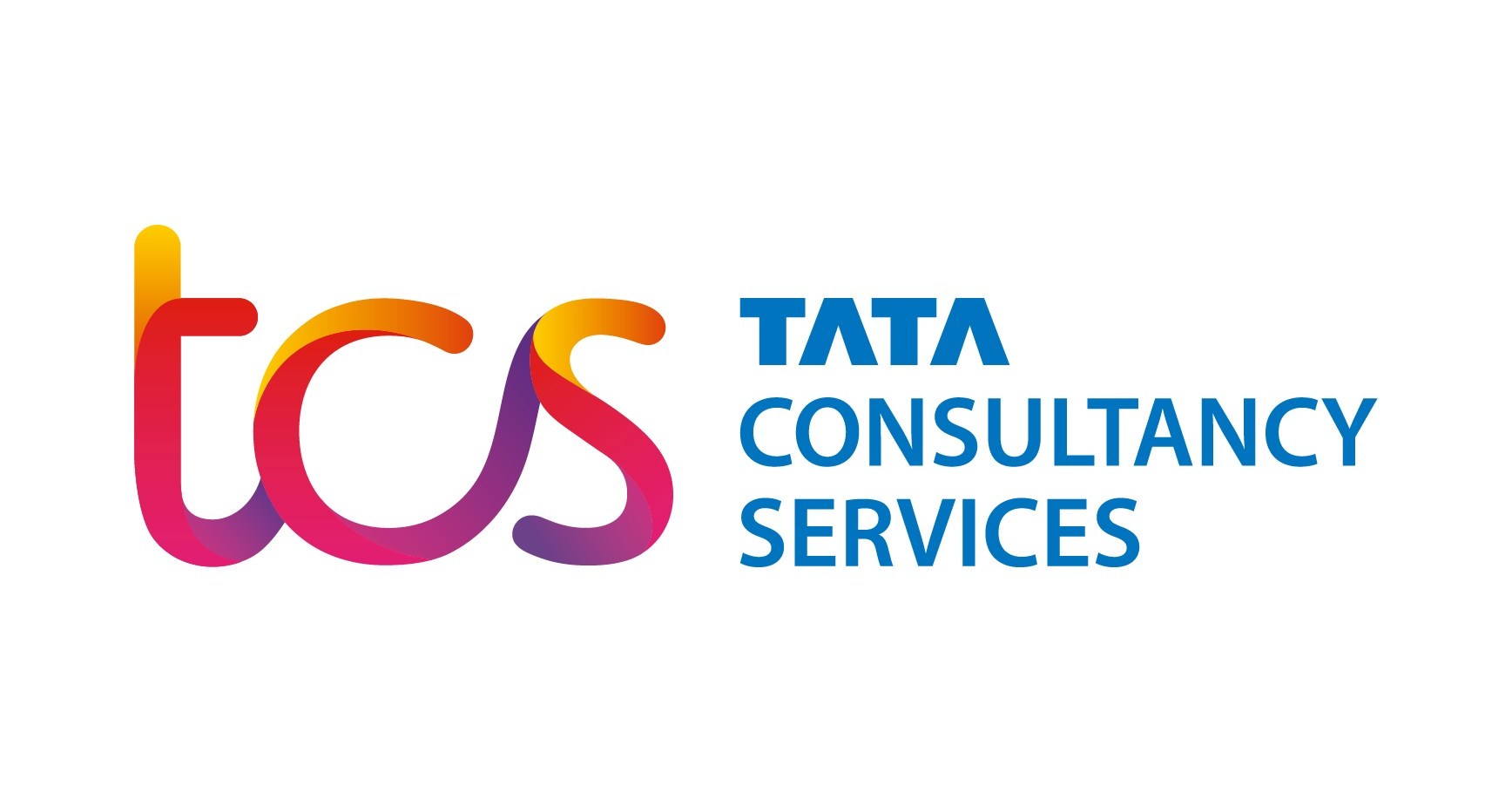
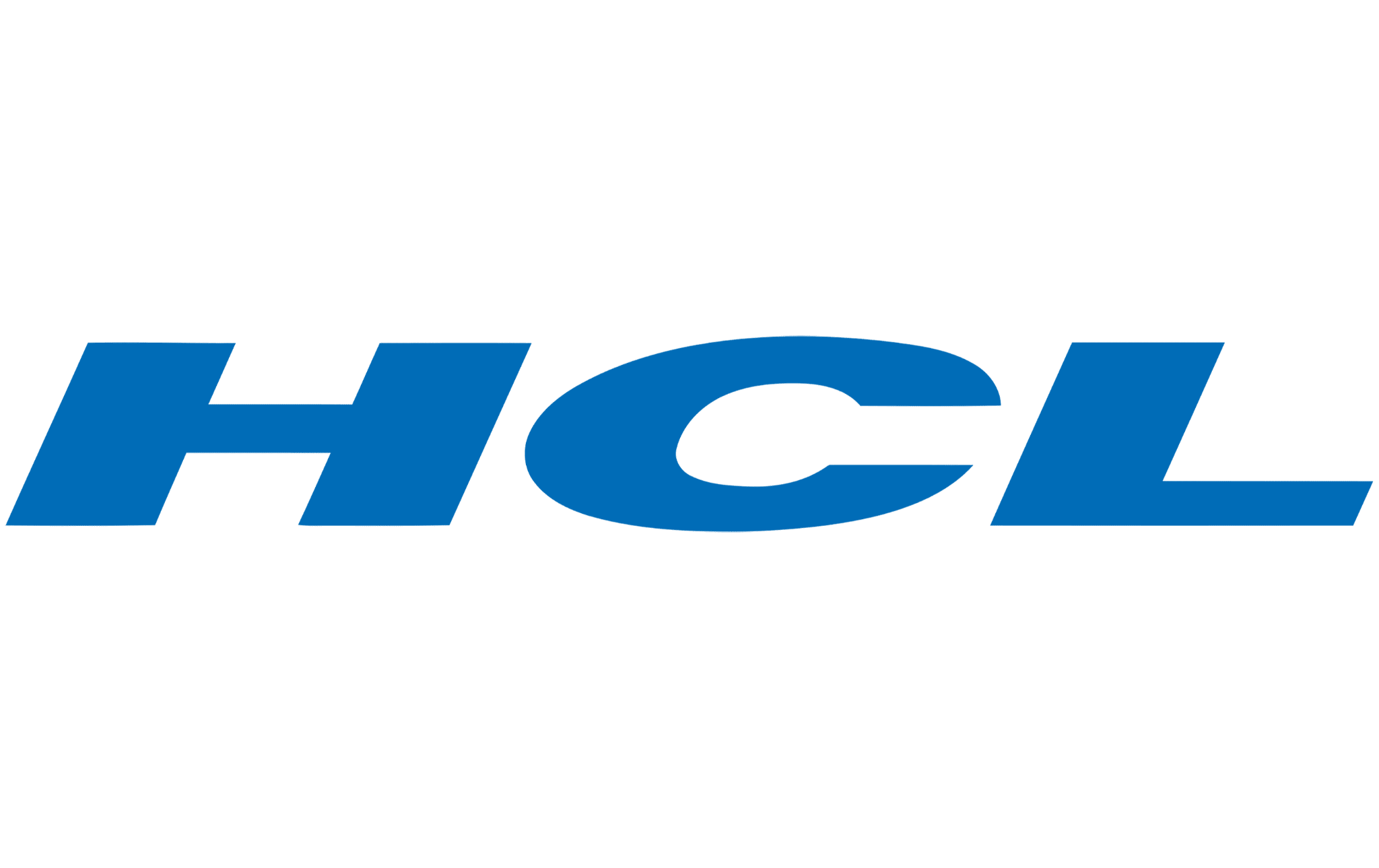
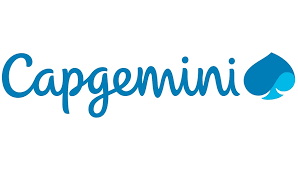
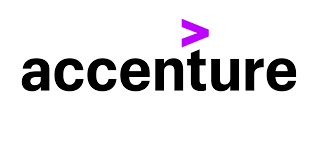
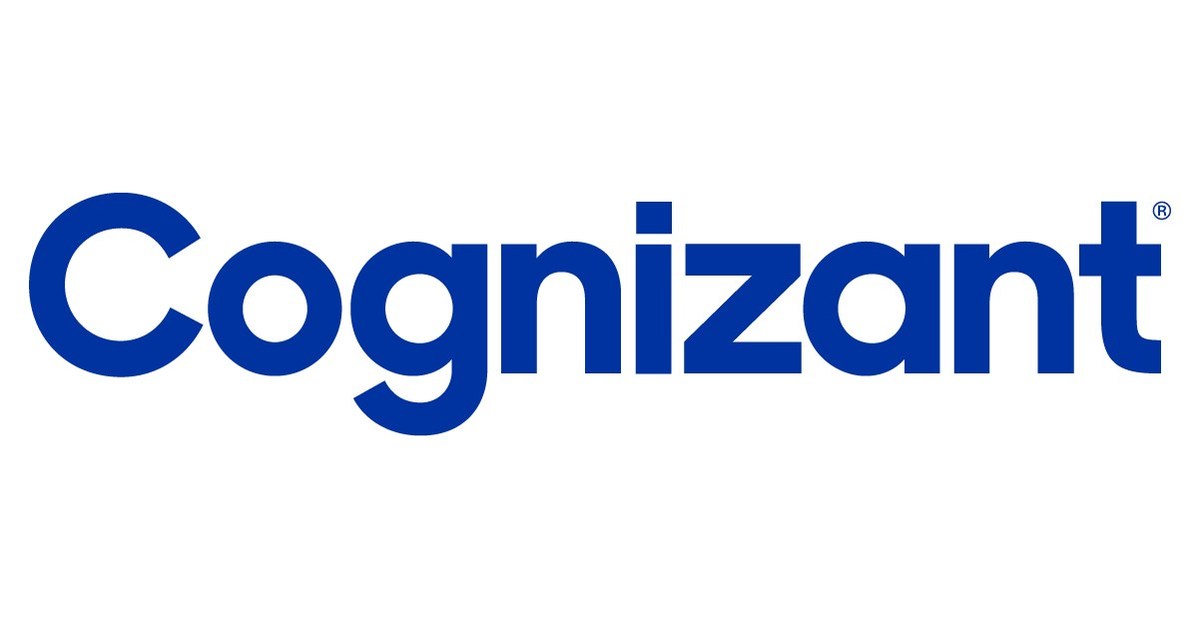

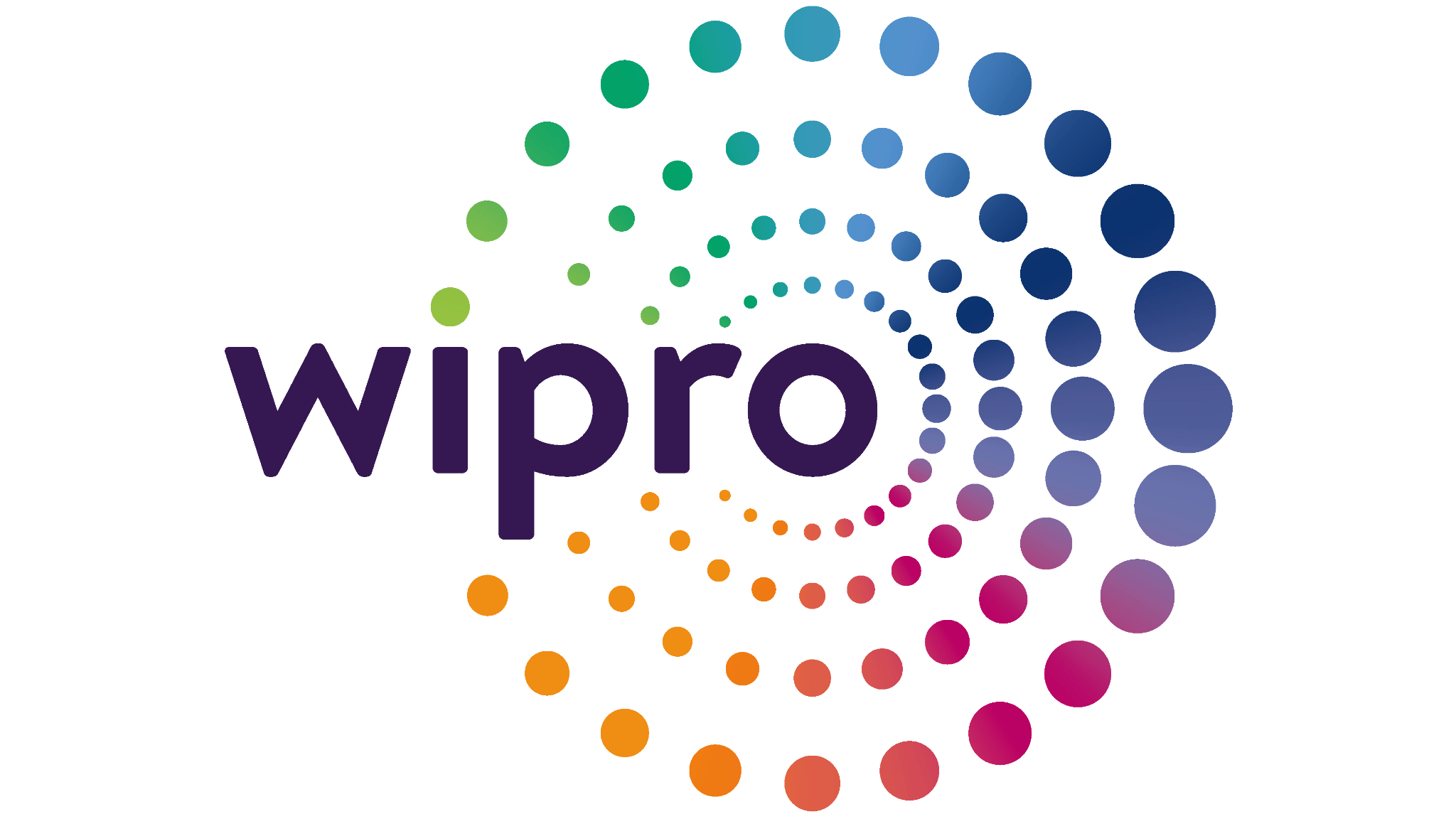

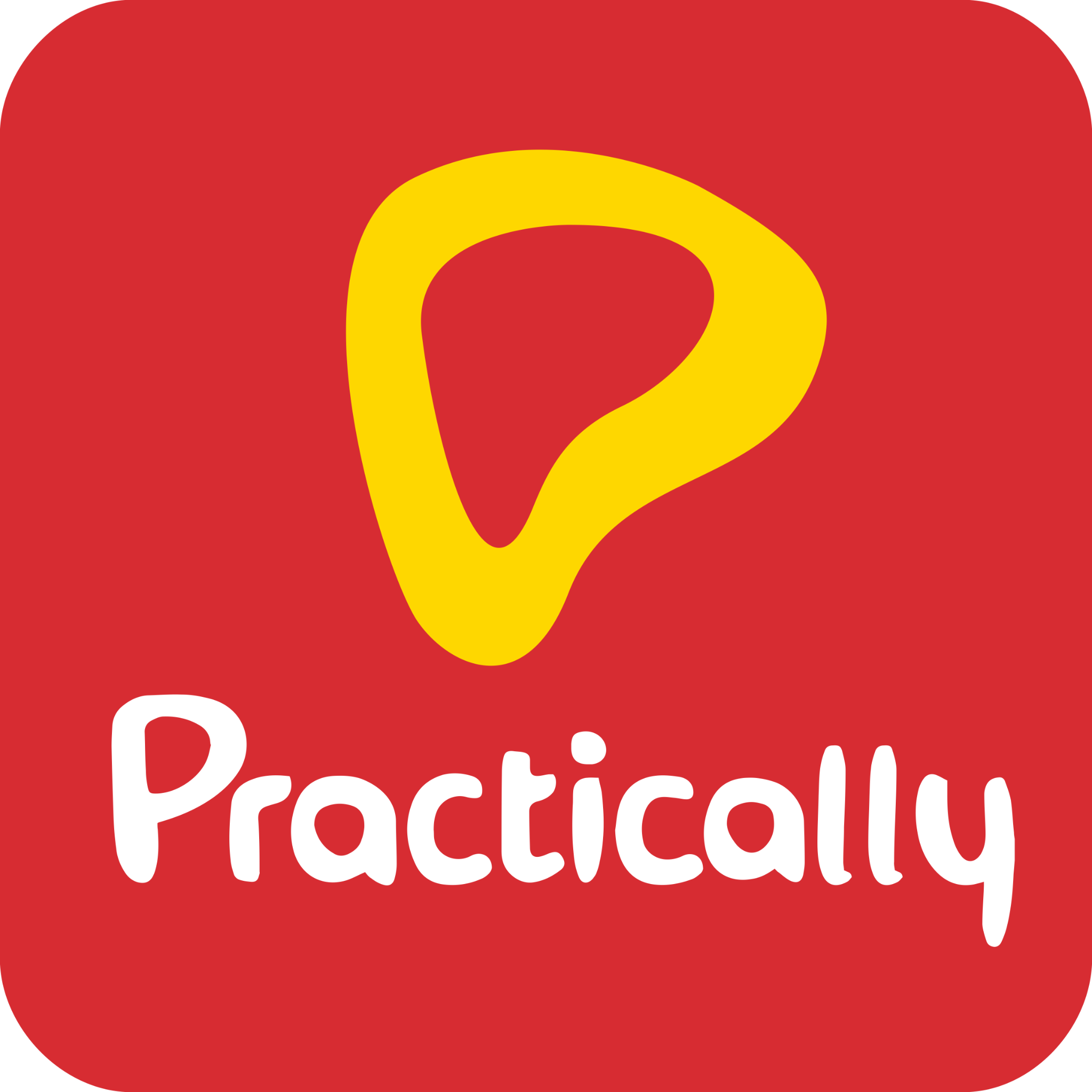
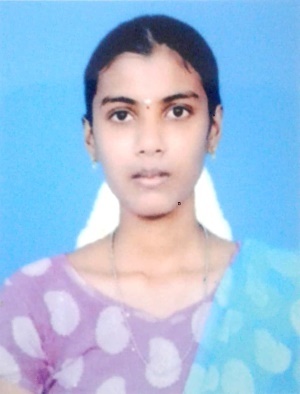
I am very delightful that I am selected to work with Capgemini Knowledge Park and I am looking forward to this new challenging opportunity. I would express my sincere thanks to Kalasalingam Academy of Research and Education particularly the Department of Biomedical engineering for providing me immense knowledge and persistent guidance to achieve this position. I am extremely grateful to the faculties of Department of Biomedical engineering for infusing me the strength and enthusiasm to develop all my skills. I was very fortunate to utilize each and every opportunity provided by the Institution and Department as well. Explore more, learn to communicate and be curious while learning were the morale which I understood and began practicing to till date, where they have been circumventing in my mind during my four years of stay at KARE. The Department of Biomedical Engineering greatly helped me in goal-setting, and this has been the beacon for me to reach to greater heights, and it has become true on my inception to Capgemini Knowledge Park.
UMASANKARI. V
Analyst A4- Capgemini Knowledge park,Navi Mumbai
Biomedical engineering
(2016-2020)
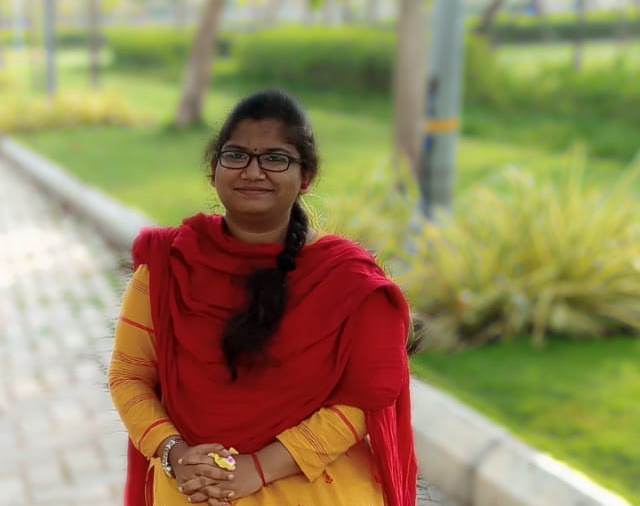
GEETHA ANANDHI C
(2015-19 Batch)
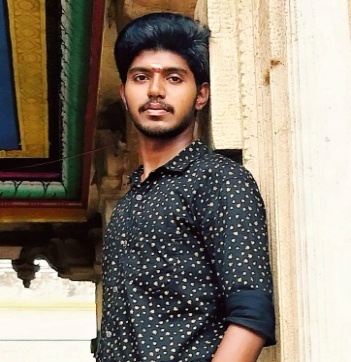
M.AMALRAJ
Junior Biomedical Engineer
Panimalar Medical College Hospital & Research Institute, Chennai.
(2015-19 Batch)
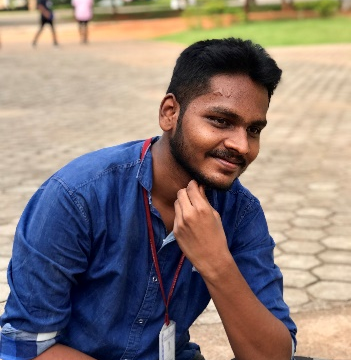
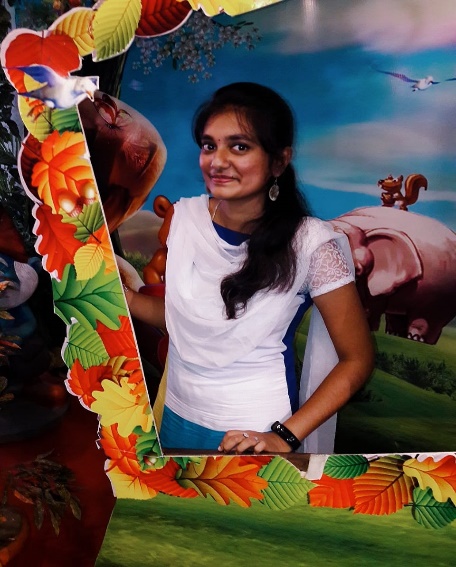
G.P.PRIYATHARSINI
Junior Executive Medical Coding Services
Visionary RCM,Chennai.
(2015-19 Batch)